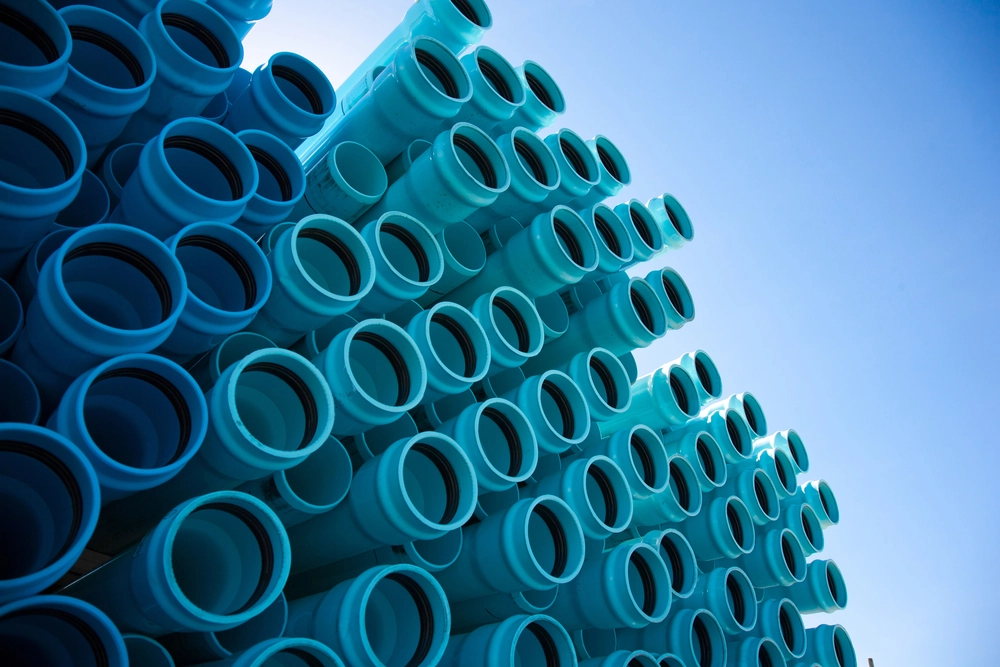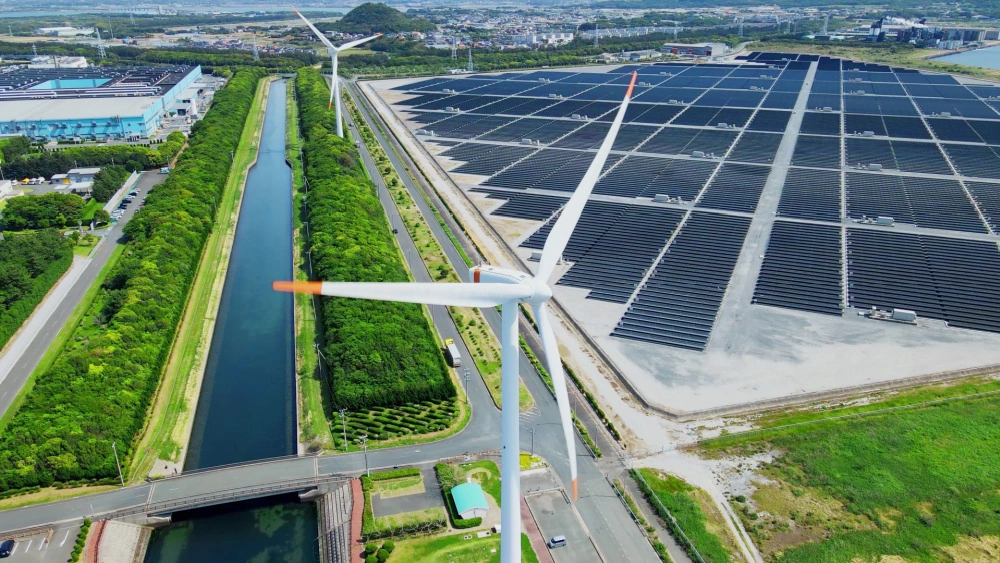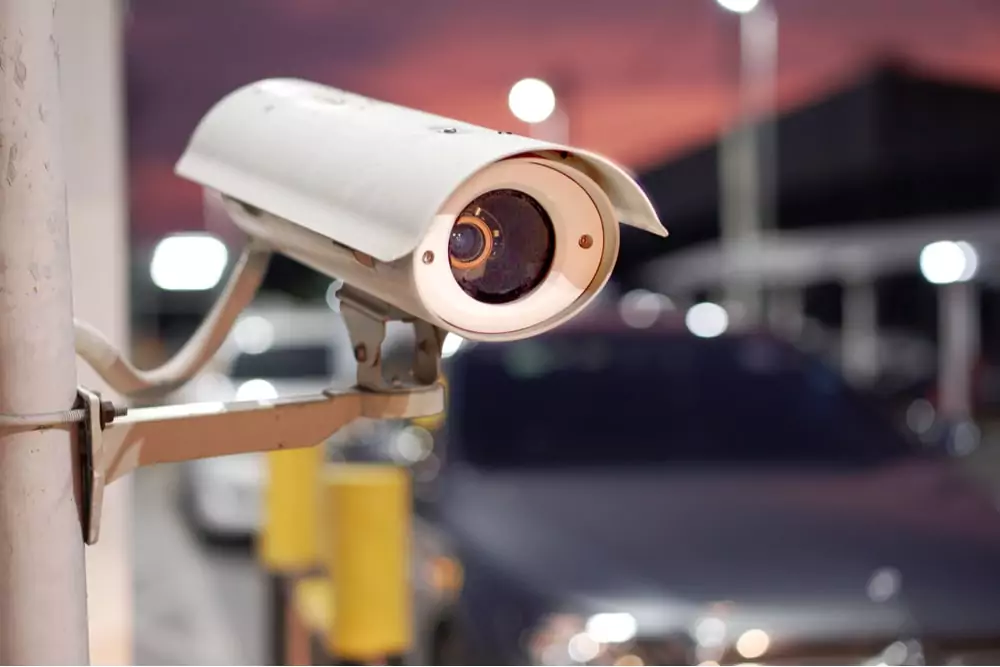
HSE highlight areas of “Covid Secure” concern (and add to the confusion)

The Health and Safety Executive (HSE) is calling for businesses in Great Britain to make sure they’re "COVID-secure" as more sectors open their doors.
What does COVID-secure mean?
Many businesses are grappling with confusing and shambolically late Guidance on how to open safely. So it is a shame to see HSE adopting the government's "Covid secure" soundbite, a deeply unhelpful phrase which suggests that businesses need to strive for a risk-free ("secure" or fully safe) environment. Which of course is impossible in ordinary circumstances, let alone when dealing with an invisible biological agent. This appears to impose additional burden on business to strive for the impossible. Of greater concern, suggesting that premises will be "Covid secure" risks employees and visitors letting their guard down, especially after a couple of shandies.
As HSE acknowledge in their press release, a business owner's obligations are to reduce the risks to health and safety of employees and visitors to the lowest level reasonably practicable. Let's stick with that phraseology which reflects the legal position but also the practical reality.
So business owners, you do not need to strive for risk-free, but to make it as safe as possible, aided by the government guidance. Risk-free it won't be. And it needs to be made crystal clear to employees and visitors so they understand that they are accepting a heightened risk over and above staying at home, but also that to make this work, they need to do your bit, as that reduction of risk to lowest level practicable requires cooperation with the systems devised by the business.
Areas of concern for HSE on inspections
HSE advise that they are carrying out inspections and dispensing advice, which is largely being heeded. But they warn that they will take more formal steps where necessary "issuing enforcement notices, stopping certain work practices until they are made safe and, where businesses fail to comply, this could lead to prosecution."
More helpfully, they identify the areas where they are seeing businesses fall short, which serves as a useful sense check for others:
- Failing to provide arrangements for monitoring, supervising and maintaining social distancing.
- Failing to introduce an adequate cleaning regime – particularly at busy times of the day.
- Not providing access to welfare facilities to allow employees to frequently wash their hands with warm water and soap.
This mirrors our experience of health and safety failings that give rise to prosecutions in non-Covid times. Often it is not a failure to devise a safe system, it is a failure to implement it and to do so consistently.
So be vigilant and be as safe as reasonably possible. If not entirely risk-free.











